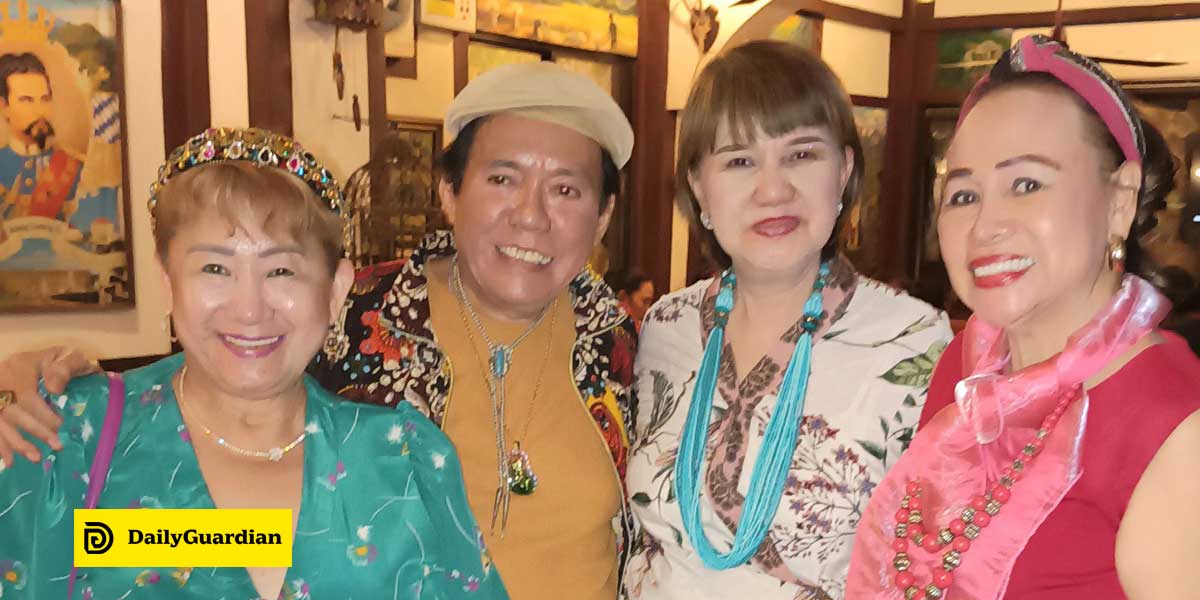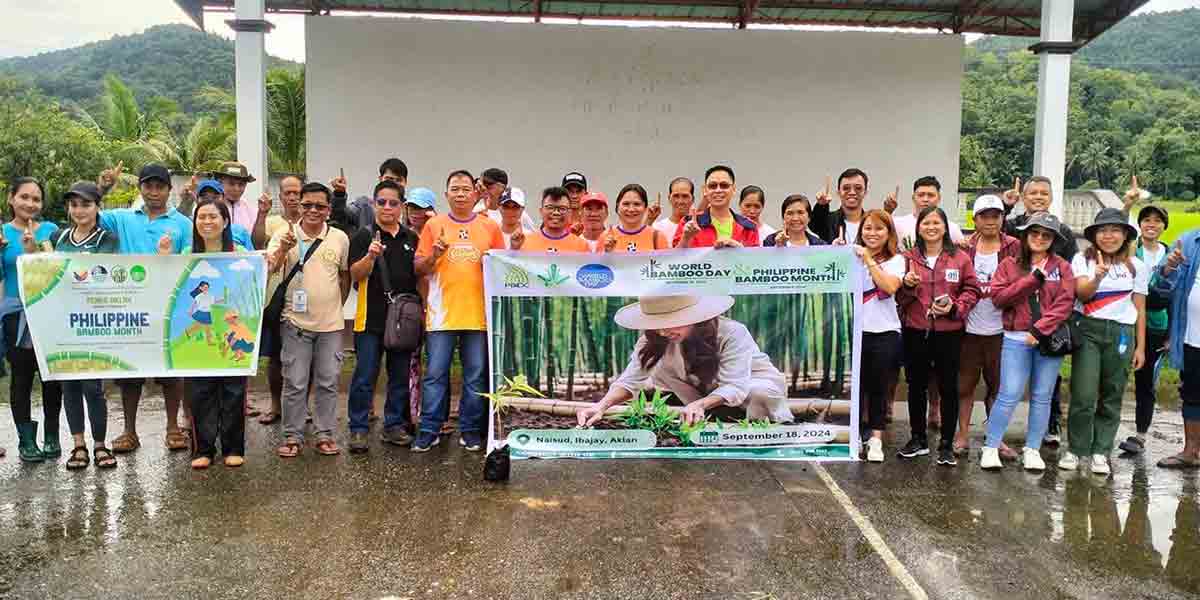A new report by the World Travel & Tourism Council (WTTC) highlights the disproportionate impact of the COVID-19 pandemic on women and young workers in the global travel and tourism sector, calling for urgent measures to bridge the lingering employment gaps as the industry recovers.
According to the WTTC’s “Social Trends in Travel & Tourism Employment” report, conducted in partnership with Saudi Arabia’s Ministry of Tourism, nearly 70 million jobs were lost globally at the peak of the pandemic, with women and youth particularly hard-hit.
In 2022, the sector employed 42 million women and 16 million young people, down from pre-pandemic figures of 48.4 million women and 19 million young workers in 2019.
The report emphasizes that these vulnerable groups, especially in industries like hospitality, were more likely to work in part-time or informal roles, making them more susceptible to job losses.
“Women and young people are the backbone of our sector, yet they continue to face significant barriers,” said Julia Simpson, WTTC President & CEO. “By investing in skills, promoting inclusive policies, and fostering entrepreneurship, we can unlock the full potential of these groups.”
Struggle for Inclusive Growth
Despite the global travel and tourism industry contributing 9.1% to global GDP in 2023—an increase of 29.1% compared to pre-pandemic levels—the social recovery has lagged.
Women remain underrepresented in high-wage and leadership positions, with most employed in low-wage sectors like hospitality and food services, which were among the hardest hit during the pandemic.
“Youth workers were disproportionately affected by job losses, particularly because many hold entry-level or casual roles,” the report added. While youth employment is recovering, it remains 15% below pre-pandemic levels, with Europe and high-income countries experiencing faster rebounds.
Saudi Arabia Leading the Way
Saudi Arabia’s Vision 2030 has become a key driver for inclusive growth within the travel sector, with a focus on creating more equitable job opportunities.
His Excellency Ahmed Al-Khateeb, Saudi Arabia’s Minister of Tourism, pointed to the Kingdom’s progress, emphasizing the importance of skills development and entrepreneurship, particularly for women and young people.
“Our substantial investments in 2024 include 375 million riyals dedicated to training local tour guides and fostering entrepreneurship in heritage tourism,” said Al-Khateeb.
“In 2022, Saudi women’s employment in tourism was the fifth fastest-growing among G20 countries.” Saudi Arabia’s commitment to supporting youth and female employment is central to its efforts to transform the tourism sector into a driver of inclusive growth.
Call for Policy Action
The WTTC’s report calls on governments and industry leaders to prioritize policies that promote gender equality, youth employment, and entrepreneurship. Recommendations include flexible work arrangements, investment in education, leadership training, and support for female entrepreneurs.
“Travel and tourism is not just about economics, but also about social progress and equity,” Simpson noted. “The pandemic highlighted the fragility of these jobs, but also the opportunity to build a more resilient and inclusive future.”
As the sector regains momentum, ensuring that women and young workers are not left behind remains essential for sustainable, long-term growth. The report urges global leaders to develop employment policies that protect vulnerable groups from future crises.





















